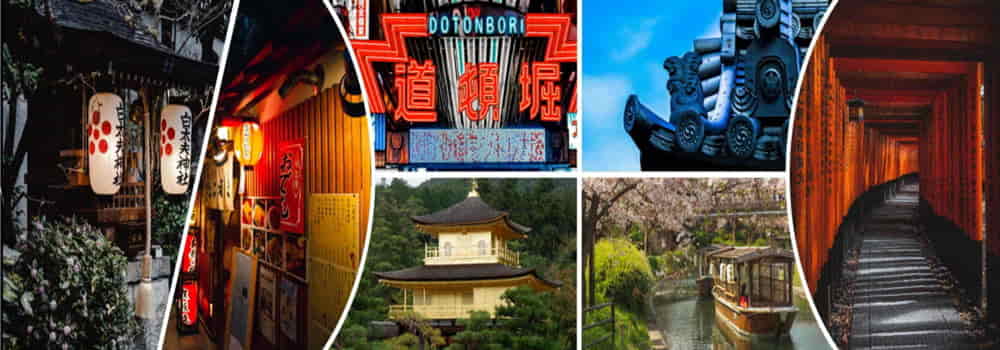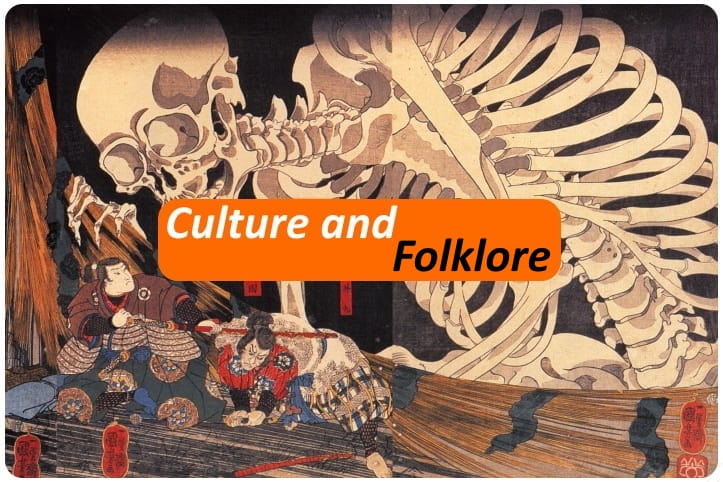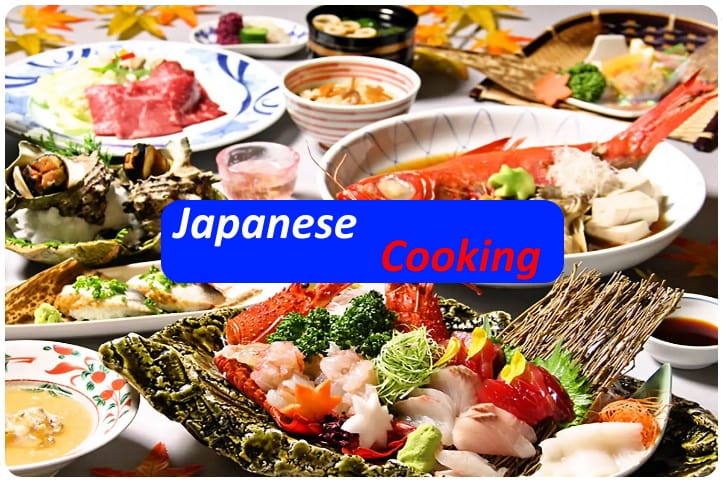Kotodama 言霊 - The Power of Words in Japan

People often said that words have a soul, that their importance is reflected in what a person does. In Japan this has been true since ancient times when it was believed that words "bind" the one who pronounces them and those to whom they are addressed.
Withthe word Kotodama 言 霊 we refer to the Japanese popular belief that words contain a mystical power, pronouncing them can "magically" affect objects, the environment and things around us.
The link between the power of words and Japan is secular and at all social levels. The pronunciation of some words, their intonation, but above all pronouncing them with conviction and strength gives a power not only over the things that surround us, but also over people and above all over ourselves.

It's not a coincidence that there are martial disciplines that make kotodama a part of their philosophy. For give to you an example of one of the best known disciplines in Japan: aikido.
Morihei Ueshiba 植 芝 盛 平 the founder of aikido had implemented its use as a spiritual basis for their teachings so much so that he used to say that: "Aikidō is an excellent method for practicing kototama. It is a method by which one realizes one's true nature as a god and finds ultimate freedom. "

But what grow most curiosity is the mystical and spiritual use made of the Kotodama. Japan has a strong mystical and religious imprint dating back to the past, its mythology, but its own state religion, Shintoism, pushes for this.
An example that still makes us understand the behavior of the Japanese. Knowing a person's first name and using it is something that doesn't happen often in Japan, this is because there is an ancient belief that knowing the first name gives us "power" over her/him. This thought was even more marked in the past when calling someone by their first name was a forbidden practice, using it meant being able to control or dominate the personality of the owner of the name, for avoid this problem the "nicknames" were used instead of the real name.
Of course, today things are a bit different, but you'll have often seen how in Japan doesn't use the own name as an interaction, but above all the family name. Think for example of the school. Unlike Western ones, classmates are called by family name. Only when they know each other better and their relationship becomes closer they ask to be able to call each other by their name. Here it would be strange to call your classmate by the last name.
This strong power of words has always been present in many anime series, movies and drama to still indicate the fascination that this "superstition" or philosophy. They understand the importance of avoiding pronouncing your name, and romantic stories have been built on this (the girl who is embarrassed to give her name when asked by the guy she likes), or by going down on films more related to the supernatural or horror the use that is made of it to chain someone to himself or make him do what you want.
An example is a Japanese drama series that is on air these days on Japanese TV titled Kotodamasou where the principle of kotodama is well explained through the negative, and deadly, influence that the words of self-convincing or conditioning have in a group. of person living in the same condominium.

What do you think? We know that sometimes words push people to go beyond their limits, to feel better, we convince ourselves to be able to move forward, but at the same time words are used to hurt and sometimes lead to death.

 English (United Kingdom)
English (United Kingdom)  Italiano (it-IT)
Italiano (it-IT) 






![[Review] Princess Toyotomiプリンセス トヨトミ](https://www.fukainihon.org//cache/mod_jt_contentslider/fdfb524f85518b9476158c79c8ea022f_328.jpg)


